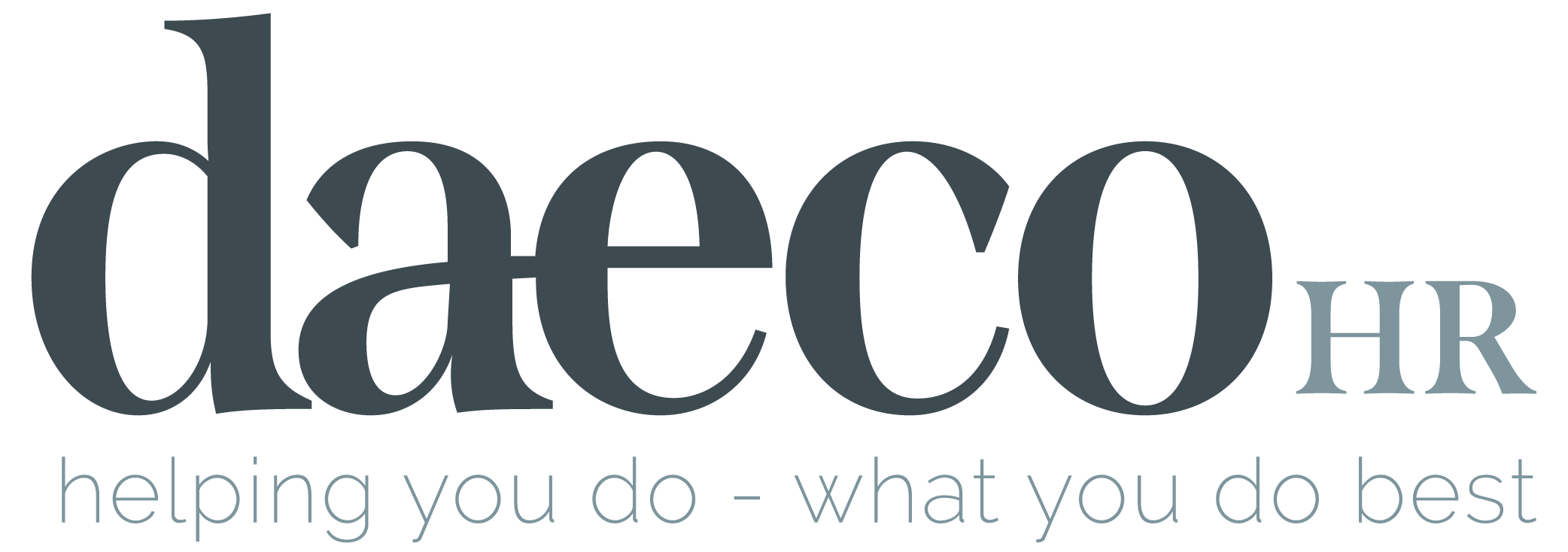Living through a pandemic has brought mental health and wellbeing to the forefront. Boundaries between work-life and home-life are blurred, kids being bounced back and forth between in-person school and online school and multiple people working from within the home has taken a toll on all of us. It’s important for everyone in the organization – owner, CEO, leader, manager, employee, etc. to ensure mental health is a topic of focus and that steps are being taken to encourage taking time off to rest and reset. With summer time slowly approaching it’s a good time to start talking with your staff and seeing what they have in mind for upcoming time off.
How do you encourage employees to take vacation time?
Normally, it can be tough to give vacation to everyone that requests it because employees typically want similar weeks off during the summer or near the holiday season. These days it’s tricky to get your employees to take vacation due to the travel restrictions. Since we can’t really “escape” to somewhere and totally disconnect from reality, people aren’t wanting to use their vacation time. It’s important to encourage and make sure that your team is still getting that break and downtime, whether that be taking a week off for a staycation or travelling to explore somewhere local.
The best way to encourage this is by communicating and being open about it. Oftentimes, employees don’t want to have that conversation because they’re apprehensive about asking for a break. It’s important that HR or management teams communicate with the team to encourage time off and remind employees what their vacation policy is. Start spurring that conversation to get employees thinking about it, and communicate to them how much vacation time they have available, when it needs to be taken by, and how much notice the organization requires in order to book vacation time. Generally, you have to take your vacation time within the year. Some organizations allow up to a week or so to be rolled over but usually that needs to be taken by March or April of the following year. Every organization has different rules. It’s important to remind employees what the organization’s policies are and encourage them to take time off especially if their vacation time can not be rolled over. The last thing you want happening is employees losing their vacation time or having a ton of time built up.
Respect the boundaries of those on vacation
When team members do book time off, it’s important to respect their boundaries. Do not call, text, email or communicate with them about work related tasks or issues. This should be encouraged for all employees, no matter their position, and other team members should be reminded to not contact those who are on vacation.
The team member who is on vacation should be encouraged to turn off their laptops and remove all work-related notifications from their phones or other devices. It’s difficult to get into the mindset of relaxation when work is still communicating with you. You won’t get that true mental health break that is so needed right now.
With the lines and boundaries of work-life and home-life being so blurred due to the pandemic and many of us working from home, time off is especially important. Employees need to take a true vacation, even if they don’t physically travel, if you want them to come back feeling refreshed and reenergized. When employees get that break they come back and are even more productive for you.
Tips to improving/maintaining your mental health
There are tons of other things you can do on a regular basis to proactively sustain and support your mental health. Getting outside is one of them, it’s amazing what fresh air and sunshine can do for everyone! Not checking emails/work notifications past the end of your workday is also important. Working remotely makes it easier to work 24/7 if you want to, but that’s not healthy and you need to take time to disconnect. Taking breaks throughout the day to go for a walk or stretch also helps clear your mind. If your budget allows, we also encourage setting up an ergonomic office space. Having proper posture and ergonomic setups will keep your body from feeling fatigued and sore at the end of your workday. It’s also crucial that you really respect and take advantage of your weekends and other days off. Use this time to do things for yourself, whether that’s chores around the house, exercising or reading a book all day! Our final tip would be to get a good night’s sleep. This plays a huge factor in our overall mental health and wellbeing.
Encouraging team members at all levels of the organization to take vacation time, reminding them of the policies and respecting the boundaries when they do take time off is something all organizations should be focusing on at this time. If your company offers extended health benefits, we also encourage you to empower your staff to take advantage of those benefits in order to better their mental health in ways that benefit them. That might not be top of mind for some employees, and they should be taking full advantage of any and all benefits they do have whether they go for a massage or seek counselling to discuss the whirlwind of a year we’ve all experienced.
For more info and mental health resources, check out our Alberta Mental Health Resource Guide here >> https://daecohrconsulting.us17.list-manage.com/subscribe?u=8469b63b3c58f71dcefb6cb48&id=f995be9237
